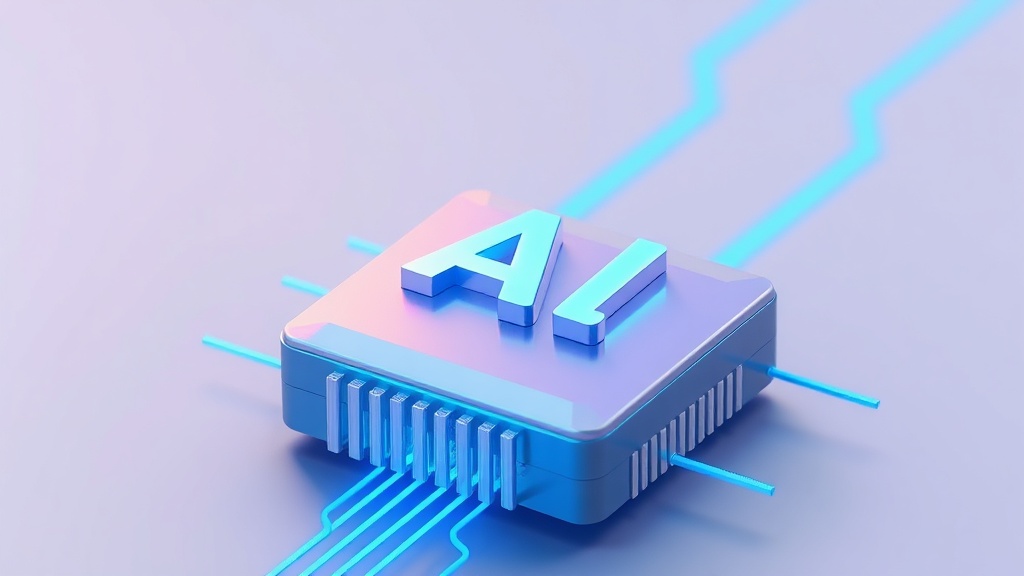Home / Health / AI Therapists Poised to Revolutionize Mental Health Care, but Risks Loom
AI Therapists Poised to Revolutionize Mental Health Care, but Risks Loom
17 Nov
Summary
- Chatbots could provide affordable, scalable mental health therapy
- Existing chatbots show promising results, but concerns about safety and oversight remain
- Researchers aim to develop specialized AI therapists to address limitations of general-purpose chatbots

As of November 17, 2025, the use of chatbots and AI-powered therapists in mental health care is a rapidly evolving field, with both promises and risks. The article highlights that despite the potential disasters alleged in recent lawsuits, some doctors and researchers believe that modern chatbots have become sophisticated enough to serve as affordable, scalable, and tireless mental health therapists, provided they can be made safe.
The article notes that human therapists are in short supply, with the World Health Organisation reporting that most people with psychological problems in poor countries receive no treatment, and even in rich countries, somewhere between a third and a half of those in need remain unserved. Some people seem willing to open up to a machine, as it can be done from home, is much cheaper, and may be less embarrassing than speaking to a human therapist.
The article examines two existing chatbots, Wysa and Youper, which have shown promising results in reducing depression and anxiety symptoms, with effectiveness comparable to in-person counseling. However, these bots are predominantly rules-based, using a relatively inflexible set of hard-coded responses, making them more predictable but less engaging than chatbots based on large language models (LLMs).
Researchers are now working to develop specialized AI therapists, such as Therabot and Ash, which aim to combine the chattiness of LLM-based bots with increased safety and oversight. These specialized bots are designed to be less prone to the errors and sycophancy that can plague general-purpose chatbots. However, they still face regulatory hurdles, as several U.S. states have passed or proposed laws to regulate the use of AI for mental health services.
As the field of AI-powered mental health care continues to evolve, the article suggests that the key will be finding the right balance between the benefits of scalable, accessible chatbot therapy and the need for robust safeguards to protect users' well-being.




